Beijing and Moscow have announced their intention to boost ties between the BRICS nations—a five-member alliance that includes their respective countries as well as India, Brazil, and South Africa.
“In recent years, BRICS countries have maintained strong cooperation momentum and made important contributions to optimizing global economic governance and boosting the resumption and high-quality development of the global economy,” Liu said.
China, which became BRICS chair at the start of 2022, is due to host the 14th BRICS summit later this year, the theme of which is to form high-quality partnerships and herald a new era of development. BRICS nations account for more than 40 percent of the world’s population and more than 20 percent of global gross domestic product.
Meanwhile, Russia, facing sanctions from Western nations, is specifically pushing for the use of national currencies and integrating payment systems within the alliance.
“This pushes us to the need to speed up work in the following areas: the use of national currencies for export-import operations, the integration of payment systems and cards, our own financial messaging system, and the creation of an independent BRICS rating agency,” Sullinov said.
Kennedy said BRICS will be the nexus of growing consolidation between nations that will eventually form a bloc that rivals Western democratic powers.
“We are seeing the emergence of Russia–China-led sphere of economic and geopolitical cooperation that will stand in contrast to what is more of an Anglosphere, or a transatlantic type of alliance among Canada, the U.S., and our NATO partners,” he said.
“I think as we look back in three years, five years, 10 years, we’re going to see that it’s really two fully formed economic blocs that have some level of cooperation between them where necessary.”
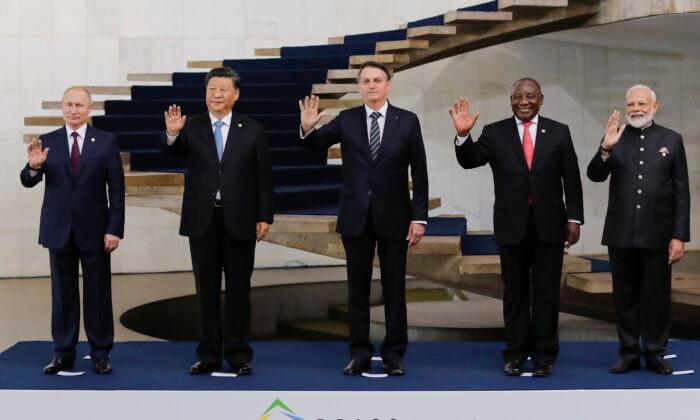

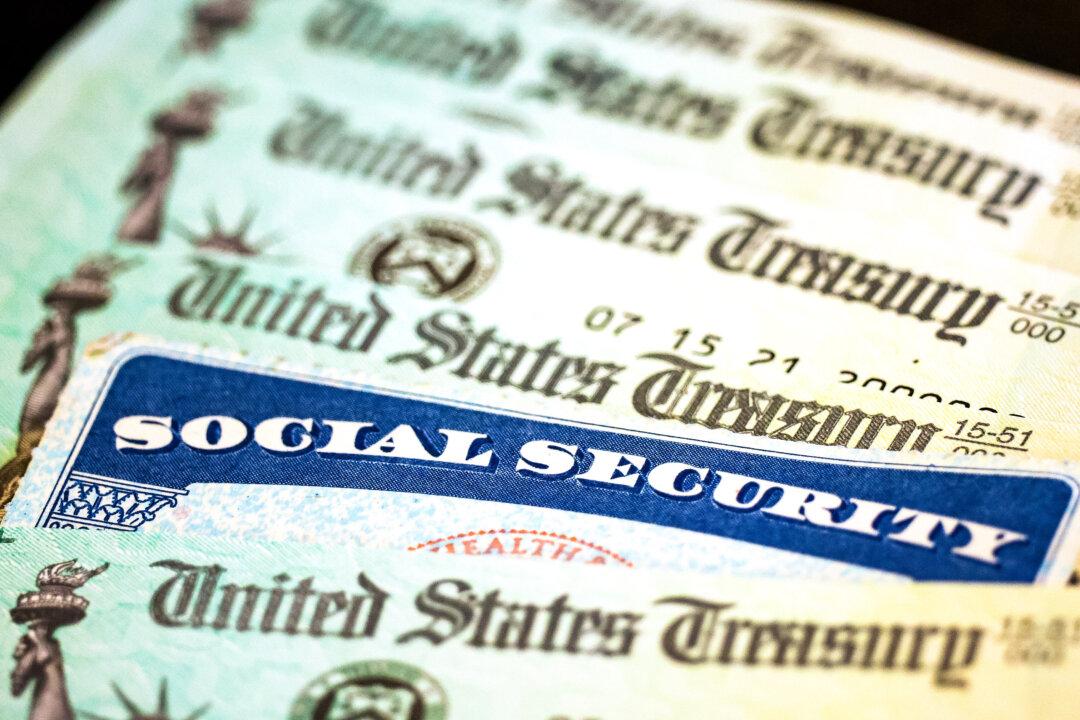
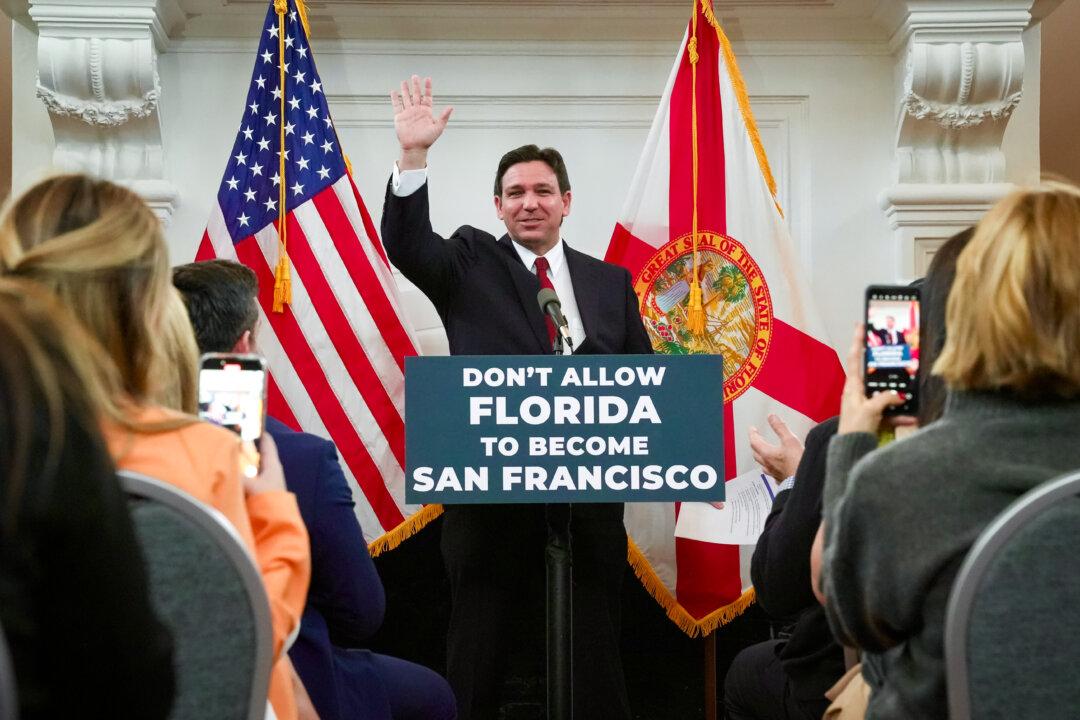
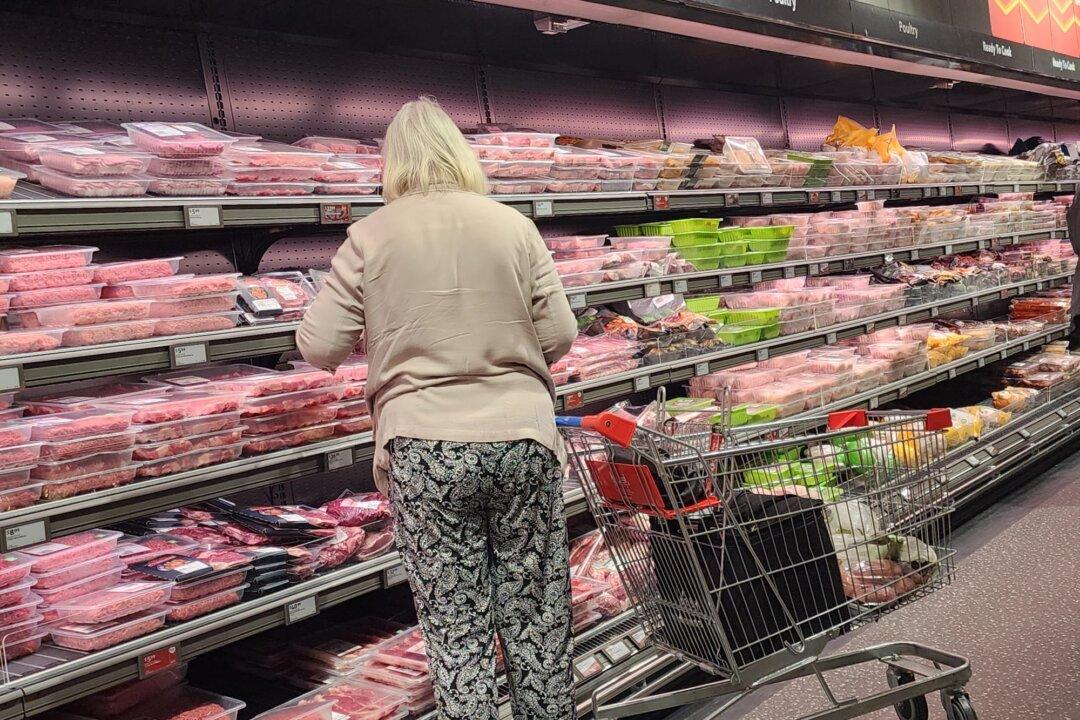
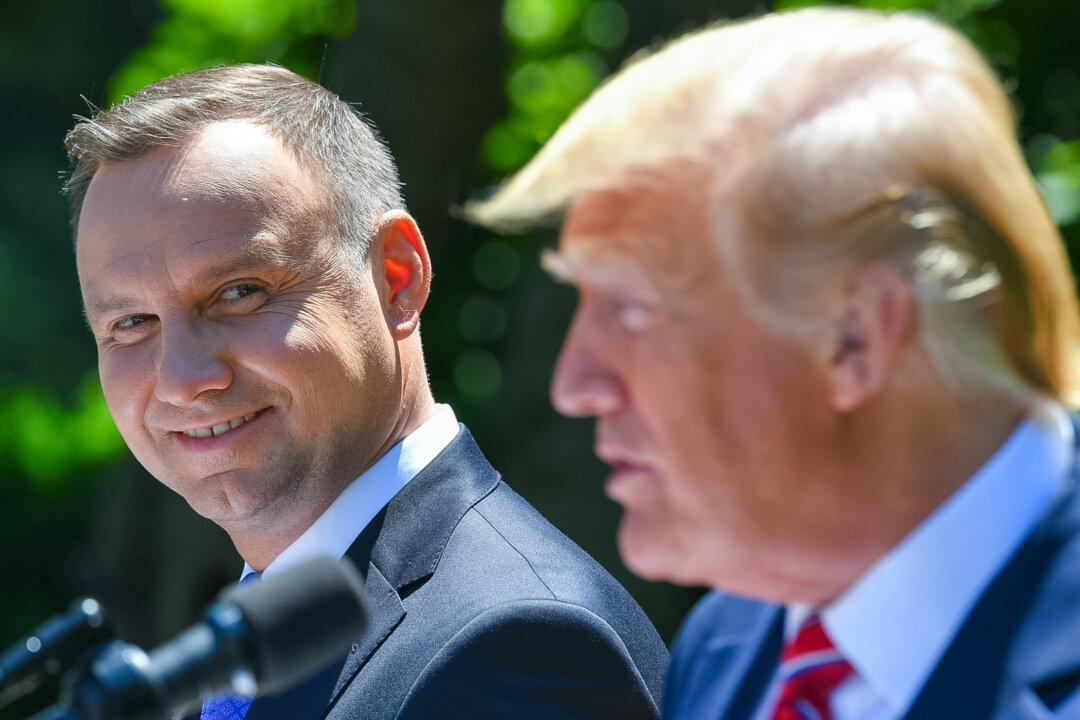
Friends Read Free